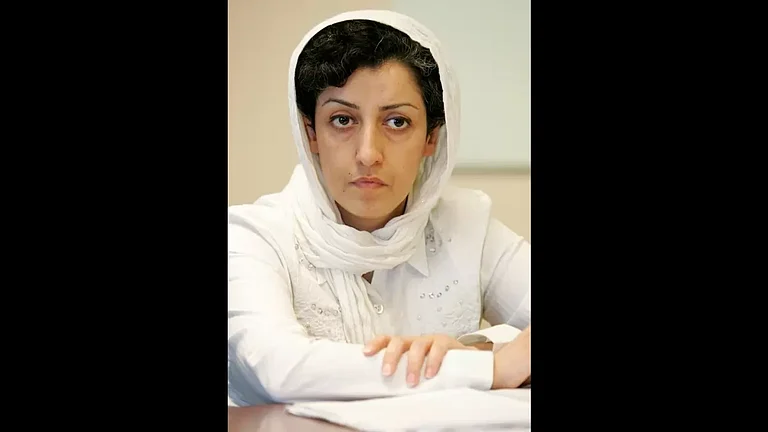As a political entity, the BJP offers an amazing paradox. Given the human resources it commands, given the experience of its top leadership, given the energy, hunger for power and organisational skills it possesses, given the disarray in the Opposition, the 11 Ashok Road-wallahs should be sitting pretty. Waiting for the general election to fall into their lap. And yet, all present omens suggest that even 150 Lok Sabha seats seem a distant dream. Consider another paradox. Here is a party born out of cow-belt politics—and yet it is largely invisible in the cow belt. Not just invisible, it has been virtually wiped out. The truth is that the grand and "stable" government Mr Vajpayee leads and is so proud of hangs on to the BJP because of local compulsions, while the party itself rules a miserly two states of insignificant electoral value.
How did it all go wrong? And why does the future look even bleaker? Here is a pseudo-secularist’s view. In the eyes of millions of voters, the BJP is still perceived as a reckless, adventurist party unable to shake off the Hindutva project—a project which is seen as both irrelevant and divisive. If India’s 350-million-strong, burger-chomping, mobile-crazy, shopping mall-addicted middle class is going to set the political agenda, and if that middle class is evenly spread right across the country, then a party obsessed with banning beef, building a temple at one particular spot, rewriting history textbooks and changing personal laws can only have marginal electoral appeal. It is a party of the past and not a party of the future. Sad, because India needs a bona fide right-wing formation which does not dance to Dr Praveen Togadia’s perverse tune.




















